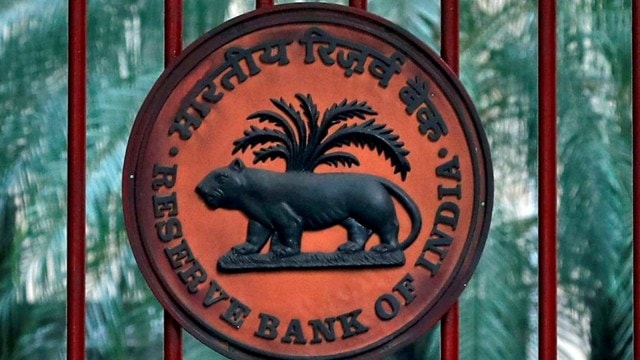Persisting uncertainties over India-US trade policies pose downside risk: RBI article
It however, said that coupled with the benign financial conditions, ongoing transmission of rate cuts, supportive fiscal measures and rising household optimism, the environment is conducive for holding up aggregate demand.
 The country faces a delicate balancing act. Global turbulence threatens exports and financial flows, yet robust domestic demand and low inflation give policymakers room to manoeuvre (Reuters)
The country faces a delicate balancing act. Global turbulence threatens exports and financial flows, yet robust domestic demand and low inflation give policymakers room to manoeuvre (Reuters)
Reserve Bank of India (RBI), in an article released on Thursday, warned that uncertainties surrounding India-US trade policies could weigh on the country’s economy. From August 27, the US implemented the steep 50 per cent tariffs on Indian goods exports.
“Persisting uncertainties related to India-US trade policies continue to pose downside risk,” the RBI’s State of Economy article published in the August bulletin said.
It however, said that coupled with the benign financial conditions, ongoing transmission of rate cuts, supportive fiscal measures and rising household optimism, the environment is conducive for holding up aggregate demand.
The article has been prepared by the central bank’s officials. The RBI said that the views published in the article are of the authors and not of the institution.
It said that the recent credit rating upgrade by S&P Global Ratings is expected to lower borrowing costs, boost investor confidence and attract higher capital inflows.
On August 14, the global credit rating agency upgraded India’s long-term sovereign credit rating to ‘BBB’ from ‘BBB-‘, with a stable outlook.
“The S&P’s sovereign rating upgrade for India – underpinned by buoyant economic growth, enhanced monetary policy credibility and government’s commitment to fiscal consolidation – could potentially lead to a reduction in borrowing costs, greater investor confidence and higher foreign capital inflows, going forward,” the RBI’s State of Economy article published in August bulletin said.
Following S&P Global Ratings move, another global credit rating firm, Fitch Ratings, affirmed its BBB- rating on India with a stable outlook.
The article further said that Inflation outlook for the near term has become more benign than anticipated earlier. The all-India consumer price index (CPI) inflation fell to an eight-year low of 1.6 per cent in July 2025 as against 2.1 per cent in June
Headline inflation, driven by muted food price pressures supported by favourable base effects, are likely to soften further below the 4 per cent target in the second quarter of the current fiscal before inching up in the last quarter of the financial year. Overall, the average headline inflation this year is expected to remain significantly below the target.
“Monetary policy, going forward, would continue to maintain a close vigil on the incoming data and the evolving domestic growth-inflation dynamics to chart out the appropriate monetary policy path,” the article said.
The RBI’s Monetary Policy Committee (MPC) has reduced the repo rate – the key policy rate – by 100 basis points between February and June 2025. During February-June 2025, public sector lenders have reduced their weighted average lending rates on both fresh and outstanding rupee loans by 77 basis points (bps) and 41 bps, respectively. In comparison, private sector banks have lowered these rates by 46 bps and 32 bps, respectively in the same period, the article said.







